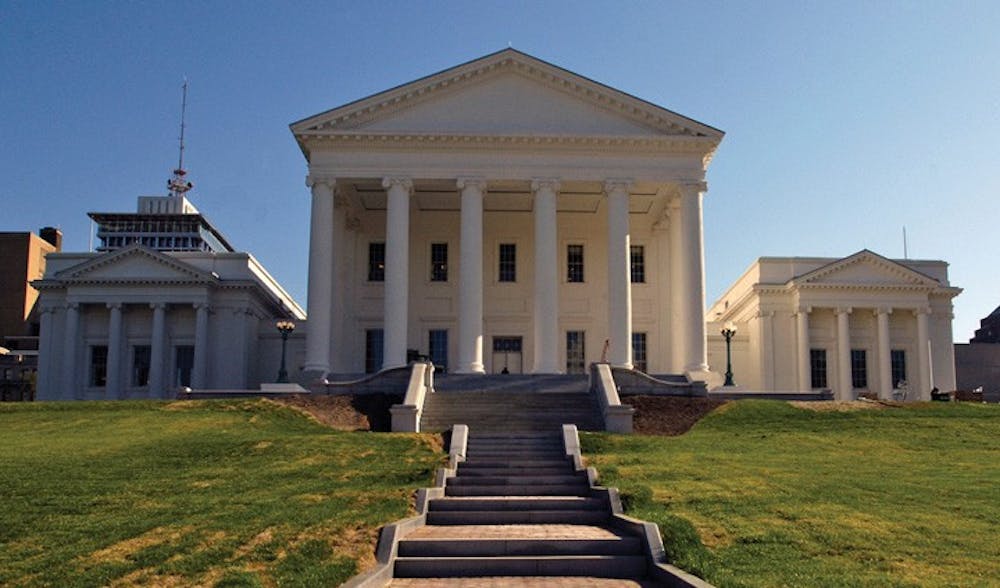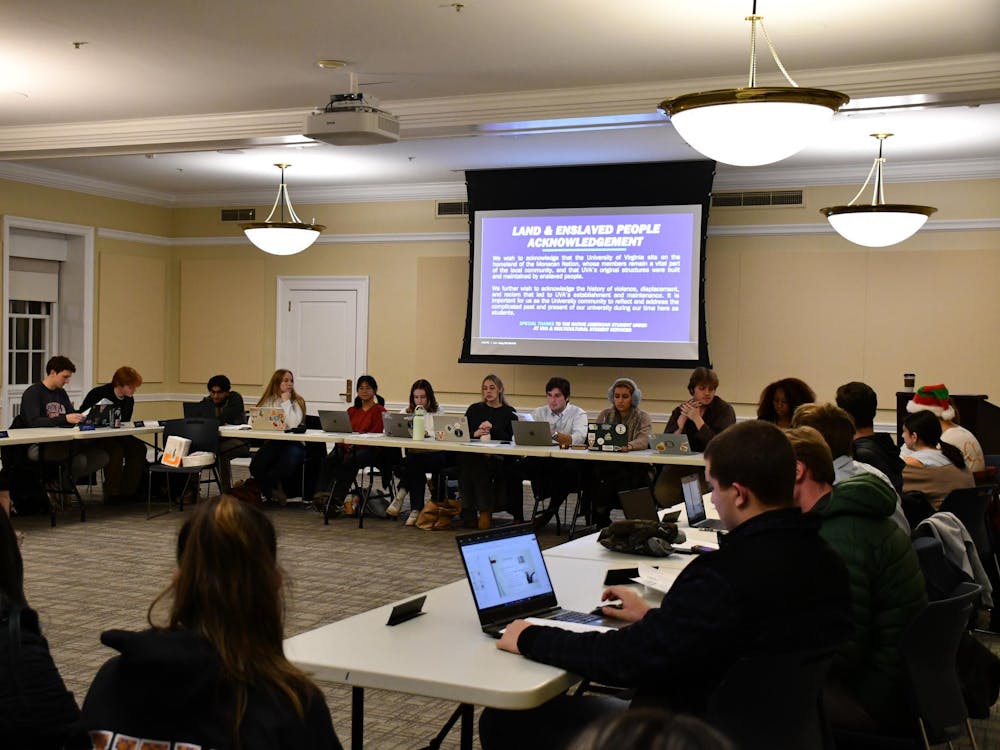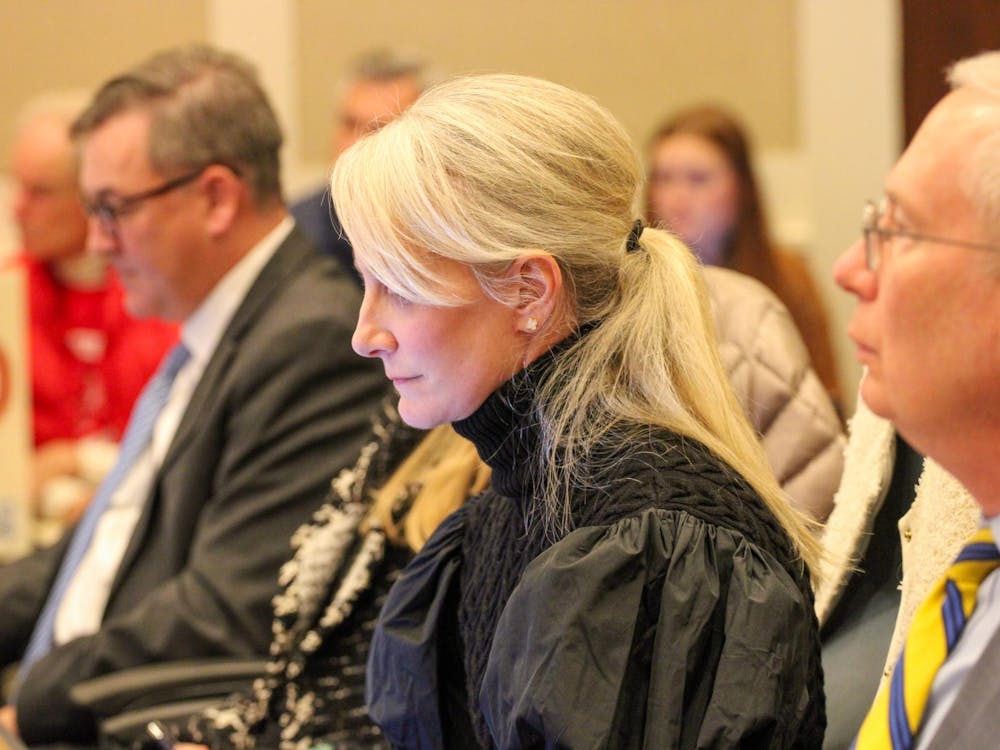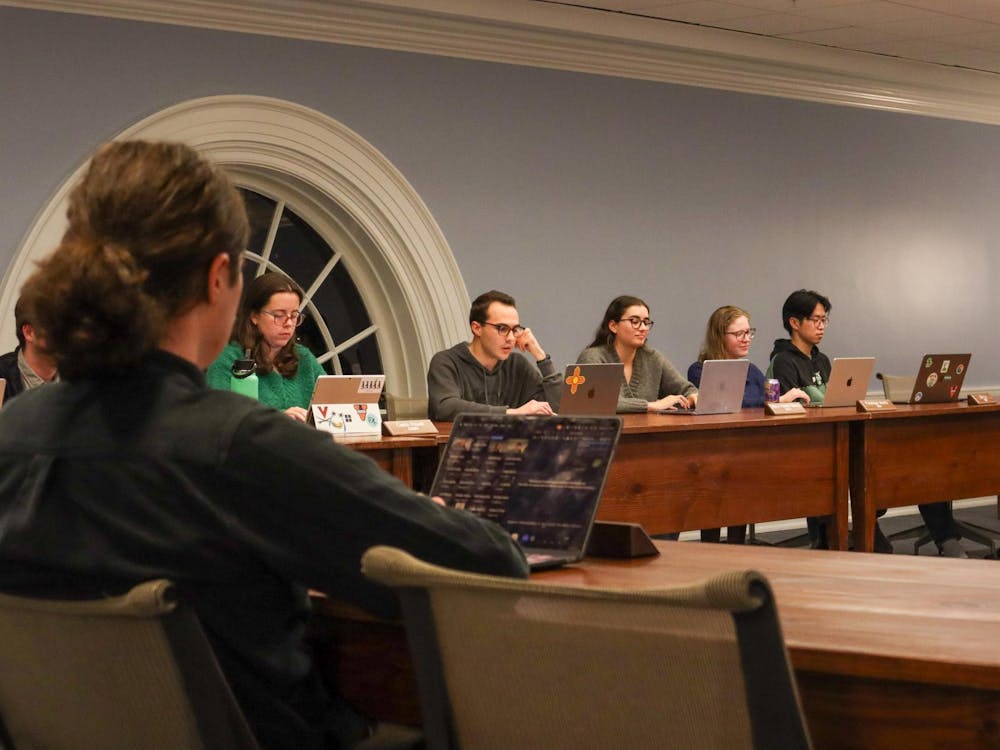Three bills in the Virginia House of Delegates — proposing student and student organization rights to an external attorney during institutional disciplinary proceedings — were tabled yesterday during a hearing of the House sub-committee on Higher Education.
The bills, House Bills 1321, 1322 and 1323, were proposed by Delegate Rick Morris and together would have granted students and organizations access to an attorney. They also would have created a system of appeals to allow school-decided sentenced to be reviewed by a circuit court.
Second-year Law student Zachary Cohen, Student Council co-chair of legislative affairs, attended the hearing. Cohen said the bills were slightly amended versions of bills which were tabled last year as well and would have permitted outside legal help for students facing more than ten days of suspension or expulsion.
“The original bill referred to any student accused of some form of misconduct: criminal, academic, etc.,” Cohen said. “The amended bill being put forth today is only for criminal misconduct.”
Cohen said he attended the hearing to testify against the bill, explaining how it would negatively impact the University community and other Virginia schools.
“We’re going to explain to the committee from U.Va. perspective why this bill would be bad for our system and more generally for the commonwealth,” Cohen said.
University Judiciary Committee Chair Timothy Kimble, a fourth-year College student, and UJC Senior Counselor, Patrick Greco — a second-year Law student — also attended the hearing, both to testify against the bills.
“The points that we were making when we testified in front of them were that not only is it detrimental to student self governance itself, but it’s also on a lot of levels unnecessary given the level of due process that [UJC] affords students,” Kimble said. “That was the main concern, that students going through these judiciary proceedings aren’t having enough due process.”
Kimble said the bills would have had “rippling effects” which would have extended past UJC and more pervasively through the University community.
“The University would most likely have to acquire representation as well if they’re allowing representation for accused students,” Kimble said. “There are all kinds of these associated costs.”
Greco said another issue to consider in thinking about this issue is whether or not a student would be able to afford an attorney, a factor which could have actually made school judicial proceedings less fair.
“It would be a different process for the students who could afford to hire an attorney and students who couldn’t afford to hire an attorney,” Greco said. “That would not be a fair process; to expect all students to have to hire an attorney to go through a disciplinary process, or to afford protection to one student and not another based on their financial needs.”
Joining the three University students were representatives from other Virginia schools, including James Madison University and George Mason University. Greco said no one affiliated with Virginia institutions spoke in favor of the proposals.
University Honor Committee Chair Nicholas Hine, a fourth year in the College, said that while the amended bill would have been more applicable to UJC disciplinary proceedings, it still raises concerns for the overall system.
“Any bill like this that allows some students to obtain legal counseling during a disciplinary proceeding inherently compromises the equity of the process,” Hine said. “The primary worry is the implications for student self-governance. Our University has always believed that our process runs best when it’s run by students, and that’s something that we stand by.”







